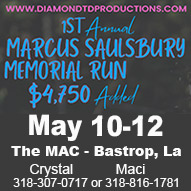
Livestock producers should be aware of small-headed sneezeweed
“Not much else causes an illness that looks like this,” she said, “but if you need confirmation, our laboratory can examine the rumen content or stomach content microscopically and identify the plant material. We’re here to assist your veterinarian with a diagnosis.”





